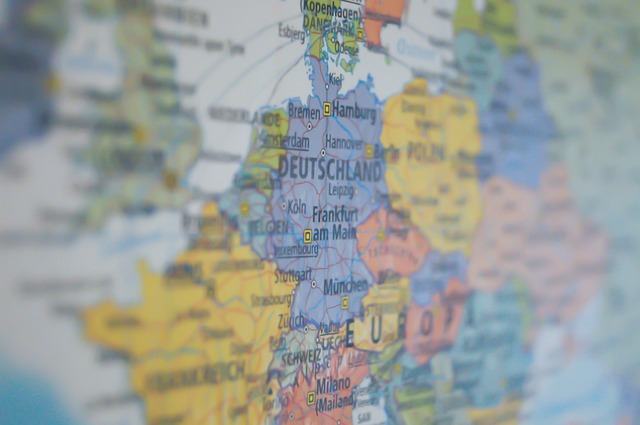A new bill in Germany, the Measles Protection Act, introduced by Federal Health Minister Jens Spahn, if made into law would require all children to have both measles vaccines recommended by the Standing Vaccination Commission when entering the school or kindergarten.
The law is to be decided this year in the Bundestag, or the German federal parliament.
Evidence can be provided by the vaccination certificate. Children who are already cared for in kindergarten and at school must provide evidence by 31 July 2020. If the disease has already been suffered once, the proof can be provided by a medical certificate.
Parents who do not have their compulsory children vaccinated will commit an administrative offense in the future and face fines of up to 2,500 euros. Non-vaccinated children can be excluded from visiting the kindergarten. The fine may also be imposed on kindergartens and daycare centers that allow non-vaccinated children.

Image/Lusign
In order to fully implement the obligation to vaccinate, the draft stipulates that in the future all doctors (not dentists) may carry out vaccinations. Specialists may carry out vaccinations independently of the boundaries for the exercise of specialist medical care according to the area definition.
The documentation of vaccinations will also be possible digitally in the future. With such a digital vaccination certificate, the patient can be automatically reminded of appointments for follow-up and booster vaccinations.
Measles are among the most contagious infectious diseases. Across Europe, 12,352 maser cases were reported in 2018, compared with 300 cases in 2019 in Germany alone. In 2018, there were 500 cases throughout Germany.
Despite all educational campaigns, the picking of measles in Germany is still too large, as evidenced by new evaluations of the RKI on vaccination rates . It is true that 97.1 percent of first-graders received the first vaccine. But there are major regional differences in the crucial second measles vaccine, so that at the federal level the desired vaccination quota of 95 percent is still not reached. Only with this rate, the herd immunity can be achieved. According to the new data of the RKI, a good 93 percent of first-year students in 2017 have twice been vaccinated against measles.
Measles in Ukraine, WHO Europe update and Madagascar sees decreasing trend
Not being vaccinated means not only a significant risk to the physical well-being of the person concerned, but also a risk for other people who, for example, can not be vaccinated because of their age or special health restrictions. Therefore, an obligation must start as soon as possible and where people come into close contact with each other on a daily basis.
- Leishmaniasis cases up in Sweden, primarily cutaneous form: Study
- Ebola death toll tops 1000, ‘Operating environment has become increasingly insecure and socio-politically complex’
- South Korea CDC reports 1st Severe Fever with Thrombocytopenia Syndrome (SFTS) case of 2019
- Hepatitis A increase reported in Seoul area
- Philippines: JE vaccine campaign in Dagupan
- Outbreak News This Week: Dengue fever, Measles outbreaks are expensive
- Hungary reports 4 human anthrax cases



